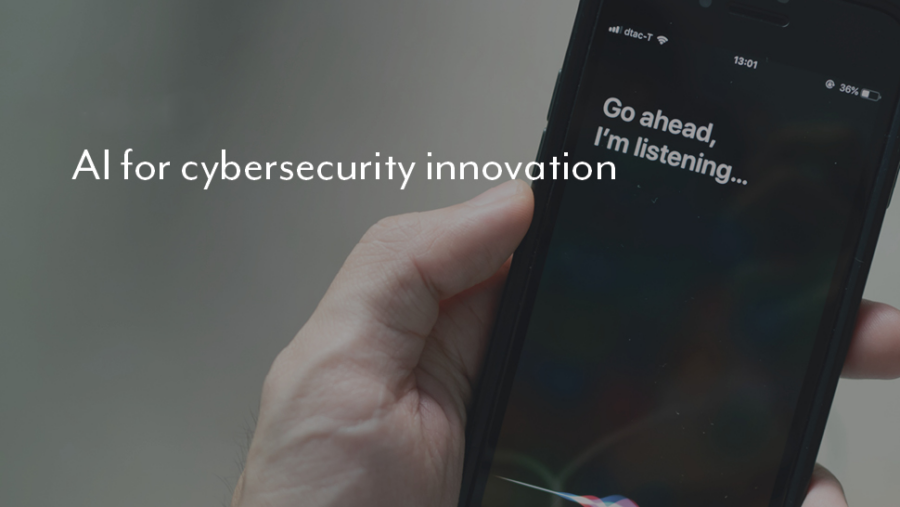
The Building Safety Act – Legal & Insurance Implications Update
Miller Insurance London, 70 Mark Ln
Hosted by the CIOB in the heart of London, looking at the insurance and legal implications of the Building Safety Act.
View eventThis website will offer limited functionality in this browser. We only support the recent versions of major browsers like Chrome, Firefox, Safari, and Edge.
This event has passed
Zoom
View video recording
How can we train artificial intelligence (AI) to detect cyber-attacks and respond in real-time? What data can we collect that allows us to differentiate between malicious and trusted activity?
We all have anti-virus tools on our computers at home and in the office; these work by looking at data coming into your network, taking codes and matching these with previous malicious codes. However, with attackers becoming more sophisticated, Security Operation Centres (SOCs – a company’s internal front-line detection for cybersecurity incidents) using off-the-shelf tools are increasingly vulnerable.
That is why Professor Pete Burnap and his team at Cardiff University are looking at ways to advance work around the automated detection and response to cyber-attacks, and how this can be embedded as a trusted approach to driving cyber safety. Hear more about their work in AI and cyber security innovation against the evolution of malware, concluding with a short Q&A with Nicola McNeely, HCR’s Head of Technology.
This webinar is part of our Cyber Conference series.